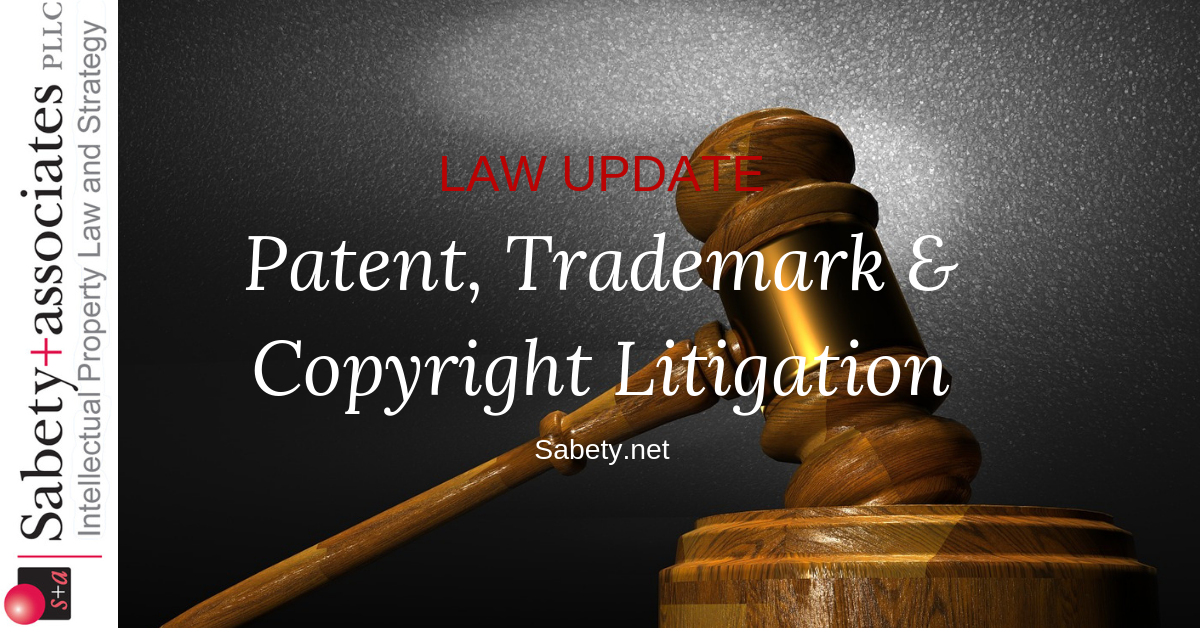In the case TC Heartland v Kraft Foods, the U.S. Supreme Court reversed cases that permitted patent plaintiffs to sue companies for patent infringement in any of a wide range of federal courts in locales where “jurisdiction” over the defendant could be established.
This resulted in the Eastern District of Texas, north and east of Dallas, becoming a favored
federal court for patent plaintiffs because of the rules the court instituted that favored patent plaintiffs.
In the opinion released yesterday, the U.S. Supreme Court ruled that the language in a statute that determines a proper “venue” for patent lawsuits is exclusive (as to U.S. corporations), such that “[a]ny civil action for patent infringement may be brought [only] in the judicial district where the defendant resides [now interpreted as “incorporated”], or where the defendant has committed acts of infringement and has a regular and established place of business.”
Many U.S. targets of patent trolls are not incorporated in Texas and do not maintain regular offices among the cattle ranches of north-eastern Texas. As a result, many of these patent cases in the Eastern District of Texas would seem to be in the wrong venue.
Patent plaintiffs might be concerned that this strict definition of proper venue could provide defendants home court advantage. Note that with respect to non-U.S. corporations as defendants to a patent infringement lawsuit, the Court said that its opinion did not change existing procedural law—which has found that patent case venue requirements do not apply to foreign defendants.
It is interesting that the Attorney General of Texas filed an amicus brief advocating for this outcome—despite the fact that patent litigation had become a significant local industry in the small cities of Marshall and Tyler, Texas.

